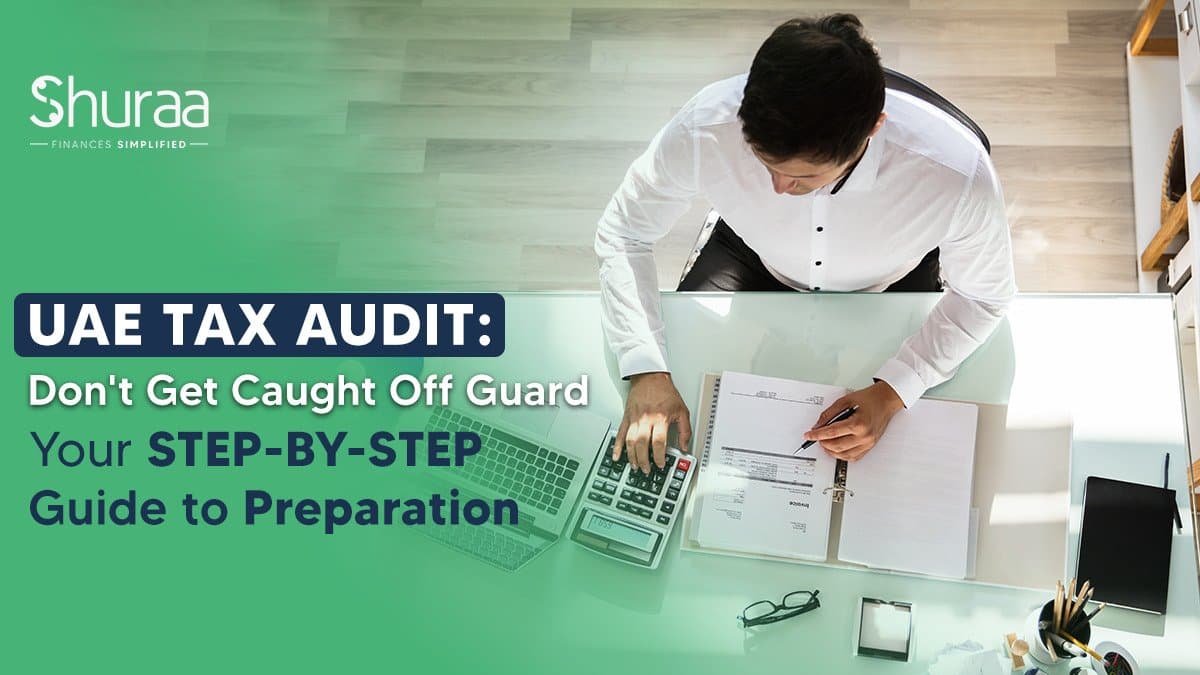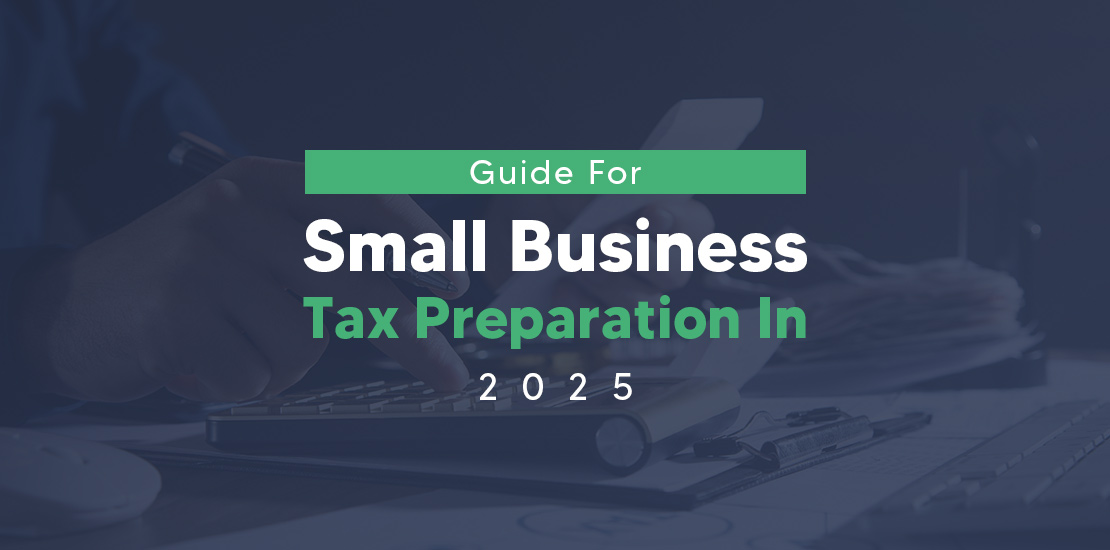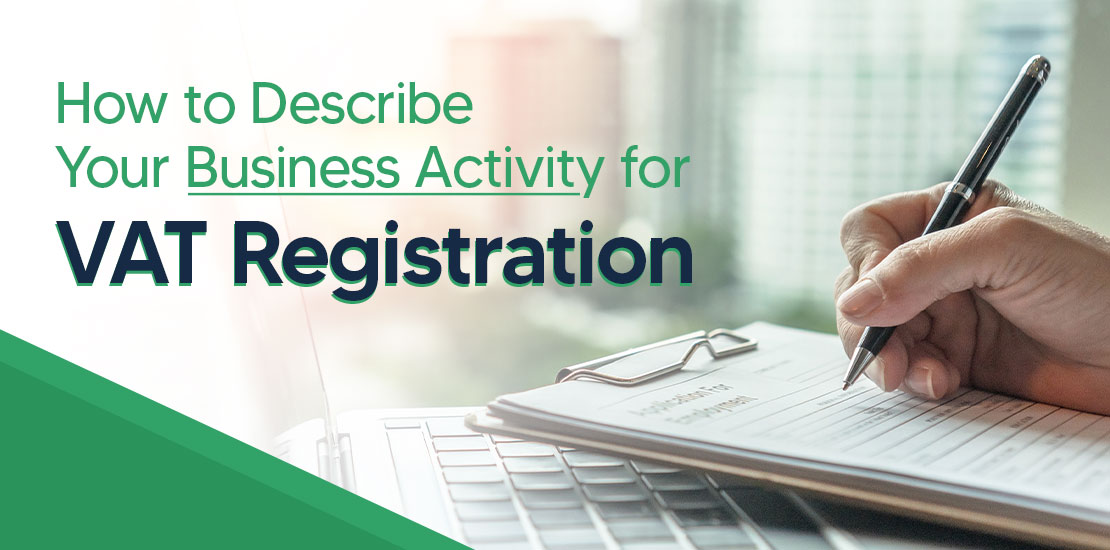Table of Contents
Facing a tax audit in the UAE? While it might sound daunting, it’s crucial to remember – preparation is key! Think of it like a friendly financial checkup to ensure your business aligns with the ever-evolving tax regulations of the UAE. Recently, the introduction of Corporate Tax has added a new layer to the compliance landscape, making it even more important to be proactive.
A tax audit in UAE is conducted by the Federal Tax Authority (FTA) to determine if taxpayers have accurately reported their income and paid the correct amount of taxes.
The FTA aims to prevent tax evasion and promote voluntary compliance, which ultimately contributes to the growth and development of the country.
At Shuraa tax, we help ensure that you are fully compliant and prepared for any potential audit. Here we will provide you with valuable insights and practical tips on how to be prepared for a tax audit in the UAE. We will explain everything about Tax or VAT audit in the UAE, audit process, and provide advice on how to maintain accurate records and documentation.
But first let’s understand – What exactly in Tax audit.
What is Tax Audit in UAE?
A tax audit in the UAE, often referred to as a VAT audit, is a process conducted by the Federal Tax Authority (FTA) to verify a company’s compliance with tax laws and regulations. This typically involves examining business records and financial statements to ensure accurate VAT reporting and payment.
In recent years, the UAE tax landscape has undergone significant changes with the introduction of Value Added Tax (VAT) in 2018. This has increased the importance of tax audits as businesses and individuals need to adapt to the new tax regime and ensure their compliance with the law.
Purpose of Tax Audit
The main purpose of a tax audit is to:
1. Verify compliance
Ensure companies are correctly calculating and paying their taxes, including VAT and Corporate Tax (if applicable).
2. Identify errors
Detect any errors or discrepancies in tax reporting that could lead to underpayment of taxes.
3. Maintain fairness
Ensure a level playing field for all businesses by making sure everyone complies with the tax laws.
4. Overall tax liability
The audit aims to determine the correct amount of tax a company should be paying and identify any potential discrepancies.
Who Can Expect a Tax Audit?
While the FTA can select any company for an audit at any time, certain characteristics increase the likelihood of being chosen. Here’s who can expect a higher chance of facing a tax audit in the UAE:
1. VAT registration
All businesses registered for VAT are subject to potential VAT audit in the UAE.
2. Corporate Tax
Companies exceeding AED 50 million in revenue in a relevant tax period must undergo mandatory audits.
3. Repeated inaccurate tax filings
Consistent errors in calculations or reporting raise red flags for the FTA.
4. Non-compliance with regulations
Ignoring specific tax rules or deadlines increases the risk of an audit.
5. Irregularities in financial reporting
Suspicious inconsistencies or unexplained discrepancies in financial records attract scrutiny.
6. Companies in high-risk industries
Sectors with a history of tax evasion or complex transactions might be subject to more frequent audits.
7. Companies with complex business structures
Holding companies, subsidiaries, and intricate international operations involve higher scrutiny due to potential complexities in tax obligations.
How to be Prepared for Tax Audit?
Being prepared for a tax audit in the UAE is crucial, regardless of whether your company falls into a high-risk category or not. Here are some key steps you can take:
1. Maintain accurate and complete records
Keep all financial records, including invoices, receipts, bank statements, and accounting ledgers, organized and readily accessible. Maintain copies of all tax returns, payments, and correspondence with the FTA.
2. Understand the relevant tax laws and regulations
Familiarize yourself with the specific VAT or Corporate Tax (if applicable) laws and regulations that apply to your business. Stay updated on any changes or amendments to these laws.
3. File your tax returns accurately and on time
Double-check all calculations and information before submitting your tax returns. Meet all deadlines for filing and avoid any late penalties. Maintain copies of submitted returns for your records.
4. Review of VAT Returns
Businesses registered for VAT in Dubai must submit their returns electronically through the official FTA portal. This crucial process involves detailing sales, purchases, and calculated VAT amounts (both output and input) within designated fields of the online form.
To achieve meticulous and timely filing, consider partnering with Dubai’s leading VAT consultants like Shuraa Tax for comprehensive tax audit services in Dubai.
What are the Records to Be Maintained for A Tax Audit?
The specific records you need to maintain for a tax or VAT audit in the UAE depend on several factors, including whether you’re registered for VAT, subject to Corporate Tax, and the type of audit you’re facing.
- Invoices and receipts
- Bank statements for the relevant period, both personal and business accounts
- Accounting ledgers
- Cash registers and POS records, including daily summaries and receipts
- Inventory records
- Copies of all filed tax returns, including VAT returns and Corporate Tax returns
- Records of all tax payments made to the FTA
- Copies of all communication exchanged with the FTA, including audit notices, inquiries, and responses
- Supporting documents for expenses
- Details of Goods imported
- Contracts and agreements related to your business activities
- Asset registers
- Salary slips and payroll records
- Specific Industry Requirements
This is not an exhaustive list, and the specific requirements might vary depending on your situation. It’s highly recommended to consult with a qualified auditor or tax consultant in Dubai who can advise you on the specific records you need to maintain based on your unique circumstances and ensure you comply with all FTA regulations.
Tax Audit Procedure in the UAE
1. Notifications
The FTA usually informs the company about the audit at least five days before the scheduled date. This notification includes details like the audit schedule, location, involved parties, and reason for the audit (if any).
2. Opening Meeting
The auditor(s) and the company representatives meet at the designated location and time. The auditor explains the audit scope, timeline, and required documents.
3. Information Gathering
The auditor examines various documents, including:
- Financial statements
- Tax returns
- Invoices and receipts
- Bank statements
- Supporting documentation for claimed expenses and deductions
The auditor may also:
- Interview key personnel
- Inspect assets on-site
- Request additional information or documents
4. On-site Audit
The FTA auditor(s) will visit the company’s premises or a mutually agreed location. They may:
- Review records and documents
- Interview employees
- Inspect assets
- Request additional information
5. Post-Audit
The auditors will prepare a draft report outlining their findings and any potential adjustments to the company’s tax liabilities. The FTA will issue a final report with their conclusions and any adjustments to tax liabilities. If you disagree with the findings, you can appeal the report to the FTA.
Penalties for Non-compliance
The FTA in the UAE imposes various penalties for VAT and Tax non-compliance identified during an audit. These penalties aim to encourage accurate reporting and discourage intentional tax evasion.
Late filing of VAT return: AED 1,000 for first offense, AED 2,000 for repeat offenses within 24 months.
Incorrectly filed VAT return: AED 3,000 for first offense, AED 5,000 for repeat offenses.
Underpayment of tax:
- 2% penalty on unpaid tax amount due immediately after the deadline.
- 4% penalty on unpaid tax amount due on the seventh day following the deadline.
- 1% daily penalty on remaining unpaid tax starting one month after the deadline, capped at 300%.
Failing to register for VAT when required: AED 20,000.
Failing to pay tax on behalf of another person: 2% penalty on unpaid tax amount due immediately, followed by 4% monthly penalty and capped at 300%.
Failing to comply with FTA requests: Up to AED 20,000 per offense.
These are just some of the main penalties, and the specific amount may vary depending on the nature and severity of the non-compliance.
Know more about: VAT Penalties in the UAE and how to avoid it
It’s crucial to consult with a qualified tax professional for accurate and personalized advice.
Do’s and Don’ts for a UAE Tax Audit
- Maintain accurate and organized financial records, tax documents, and supporting documentation for at least 5 years.
- Consider digitizing records for easier retrieval and accessibility during an audit.
- Understand and correctly apply different VAT rates (5%, 0%, exempt) for various transactions.
- Double-check all calculations for input and output VAT, ensuring accuracy.
- Ensure all exempt and zero-rated transactions are properly recorded and reported.
- Claim input VAT only for eligible expenses and have supporting documentation.
- Register for VAT if your taxable supplies exceed AED 375,000 annually.
- Notify the FTA promptly of any changes in your business activities or tax status.
- Stay updated on the latest VAT and Corporate Tax regulations, especially changes or amendments.
- Consider consulting a qualified tax consultant or auditor, especially for complex situations.
Read more: Stock Audit Services in Dubai
Secure Your Tax Future with Shuraa
Being prepared for a tax audit in the UAE is crucial for individuals and businesses. It is essential to have all necessary documents and records organized and readily available. However, taxation in the UAE, especially with recent changes, can be complex.
Seeking tax consultation and advice from a reputable consultant, such as Shuraa Tax, can be extremely beneficial in ensuring compliance with tax regulations and optimizing tax strategies.
Our team of specialists offers comprehensive VAT, tax management, tax audit service, accounting services, and more across Dubai and other Emirates. We go beyond just compliance, providing insights and strategies to optimize your tax position and ensure long-term financial health.
Don’t wait for an audit to seek guidance. Contact Shuraa Tax today at +971508912062. You can also drop us an email at info@shuraatax.com. Remember, peace of mind in tax matters is invaluable. Let us help you achieve it.













